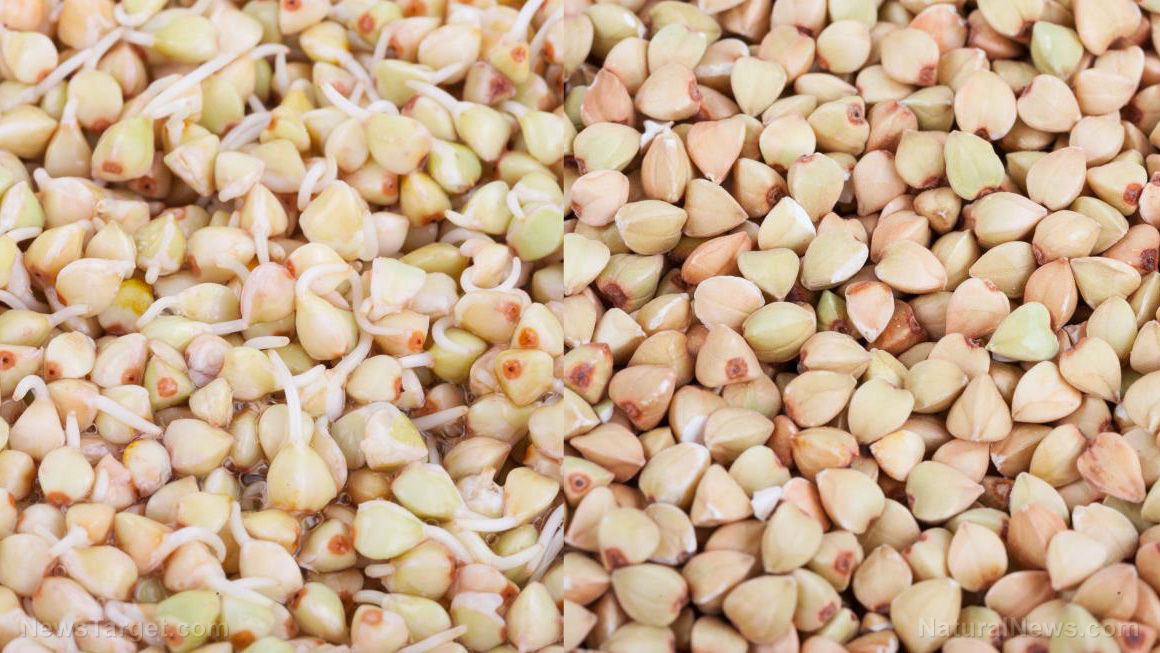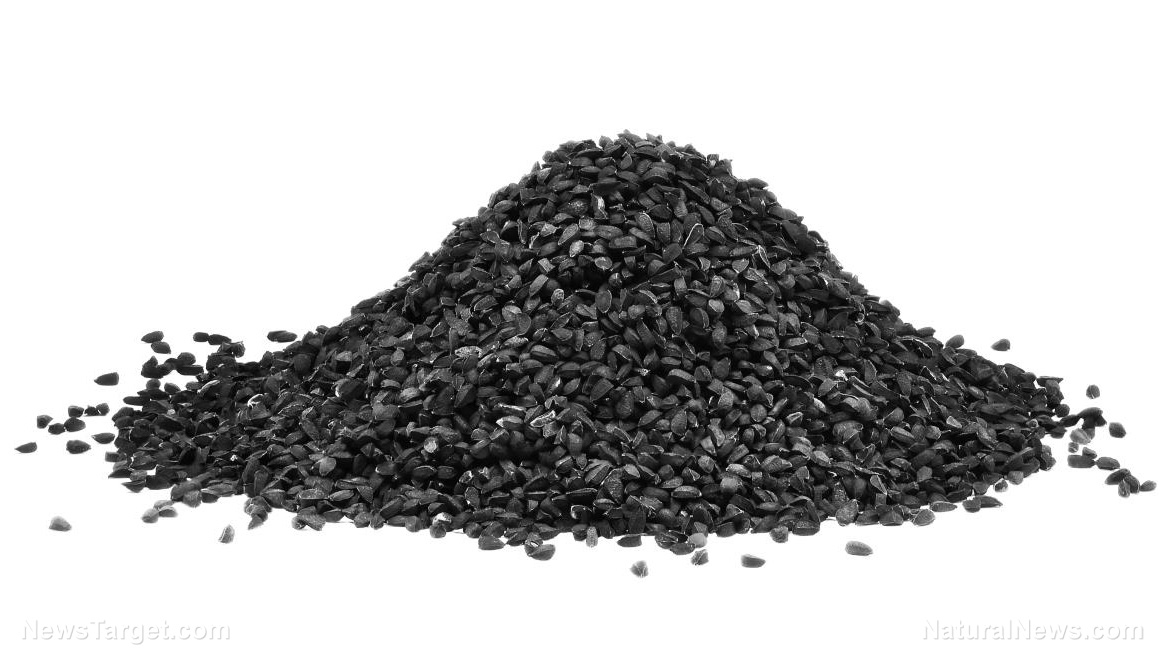Why nutrition-based therapy works better than chemotherapy for treating cancer
10/29/2018 / By Edsel Cook

Two thousand years ago, Hippocrates said that food should be the medicine. Recent developments mirror that ancient saying when it comes to cancer therapy. An Indian study indicated that nutritional therapy possessed certain advantages over chemotherapy as a means of treating the disease.
Cancer comes in many forms that attack various parts of the body. Whatever its appearance or location, it always involves the runaway growth of cells that invade and infect healthy cells.
Most cancers are treated using chemotherapy. Synthetic drugs are applied to the tumorous region to stop the growth of cancer cells or kill them outright.
These anti-cancer drugs are expensive and painful to apply. They also have serious side effects that often undermine the already fragile health of patients.
Researchers have sought out alternative means of treating the increasing number of cancer cases in the world. They set their sights on plants, which have provided both food and medicine since the dawn of time.
Plants have provided a number of natural compounds that show great promise for treating cancer. Three out of every five approved drugs comes from a plant or another natural source. (Related: Probiotics help body survive harmful effects of chemo better than antibiotics.)
Fighting cancer with the right nutrition instead of toxic chemicals
Nutritional therapy is a promising means of treating all kinds of disease. It places emphasis on preventing the disease from ever taking root in the body by ensuring proper, balanced nutrition.
Studies have shown connections between the onset of cancer and the diet of patients. The low consumption of whole grains is considered to be a significant factor in the development of cancer.
The “green medicines” used by nutritional therapy are less likely to have adverse effects on the body due to their organic and natural origin. In comparison, chemotherapy drugs are synthetic chemicals that are not normally found in nature, so there is a much higher chance of them causing adverse effects or getting rejected by the body.
The nutrition-based approach to fighting cancer can, therefore, be described to be chemopreventive. It relies on natural compounds that can provide both chemo-preventive effects and the significant amounts of nutrition needed by cancer patients.
Instead of bypassing the immune system of the body to directly attack the disease, it strengthens and supports the immune system so that the body has a much better chance of avoiding illness or recovering from an ailment.
Research on these natural compounds takes more time and effort compared to those covering chemotherapy and radiation therapy. It is more difficult to identify the specific dietary ingredient that is responsible for preventing cancer from spreading or developing in the first place.
Consuming functional foods boosts the immune response against cancer
Nutritional therapy works by improving digestion and nutrient absorption. It uses functional foods that are packed with nutrients such as phytochemicals.
The bioactive compounds in functional food serve to stimulate the immune system. If the immune system is unbalanced, the natural substances guide it back to its normal state.
Many epidemiological studies have taken note of the reduced risk of contracting cancer for people who consumed large amounts of fruits, vegetables, and whole grains. Such diets are also responsible for preventing heart disease.
The results of these and other studies have increased interest in nutritional therapy. Modern tools are being used to evaluate the therapeutic effects of functional foods used in diet-based treatments.
The review concluded that nutritional therapy could one day achieve viability as a treatment for lifestyle diseases, which include heart disease and obesity as well as cancer.
For more articles about nutritional therapy’s unique approach to treating cancer, visit CancerSolutions.news.
Sources include:
Tagged Under:


















